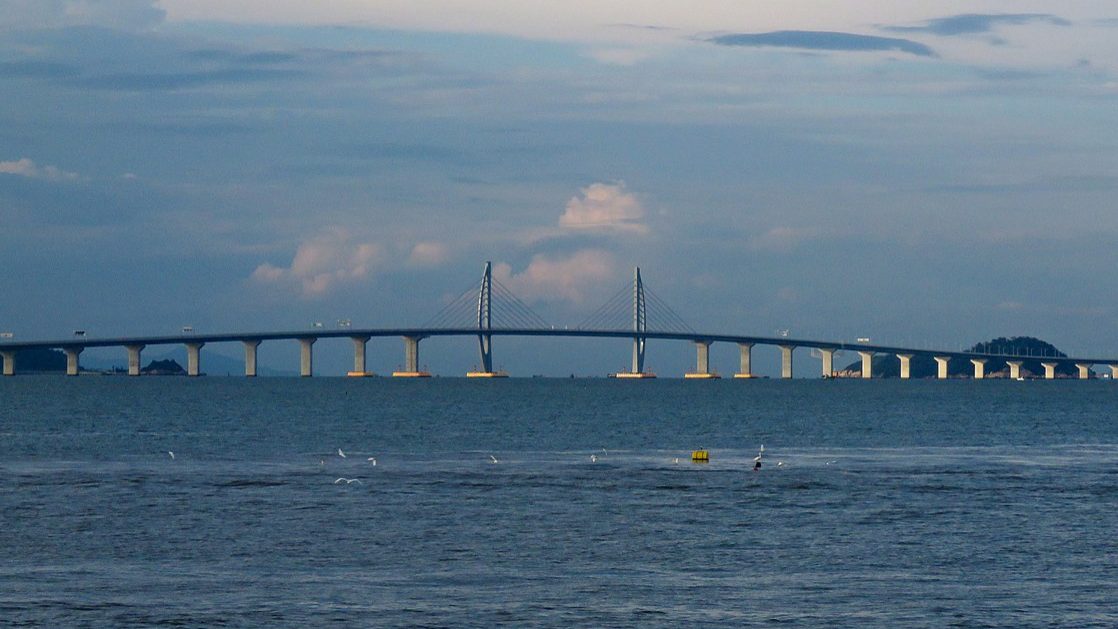Angola is still suffering from 2008’s economic crisis, BNA governor says
The governor of the Angolan central bank told its CPLP peers that they are still suffering the effects of 2008's economic crisis, which highlighted the "risks financial institutions are exposed to".
The governor of Angola’s central bank (BNA) said on Thursday that the country was still suffering the effects of the 2008 economic crisis “the worst since 1929”, and that Angola still faced many challenges.
A communiqué issued by the BNA said José de Lima Massano had been speaking at the opening of the 4th Audit, Risk Management and Compliance Meeting of Community of Portuguese-Speaking Countries (CPLP) Central Banks held in Lubango, Huíla province on Wednesday.
Lima Massano told the audience that the BNA had been bolstering its regulatory framework over recent years to implement proper corporate governance models and internal control for banks under its supervision by publishing regulations.
“Ten years ago, the world was going through the worst financial and economic crisis since 1929, that had enormous consequences on the economic and social levels and we can still feel its effects event today”, he said.
“The crisis clearly exposed the risks financial institutions are subject to and the consequences of the poor management of these risks for the finance industry and economic activity in general, showing the need for more robust corporate governance and internal controls”, he added.
Lima Massano said that the different CPLP countries were affected differently by the crisis given the challenges to the financial systems in each country and the rhythm of regulatory changes.
The CPLP is composed of Angola, Brazil, Cape Verde, Guinea-Bissau, Equatorial Guinea (which does not speak Portuguese), Mozambique, Portugal, Sao Tome and Príncipe and East Timor.




